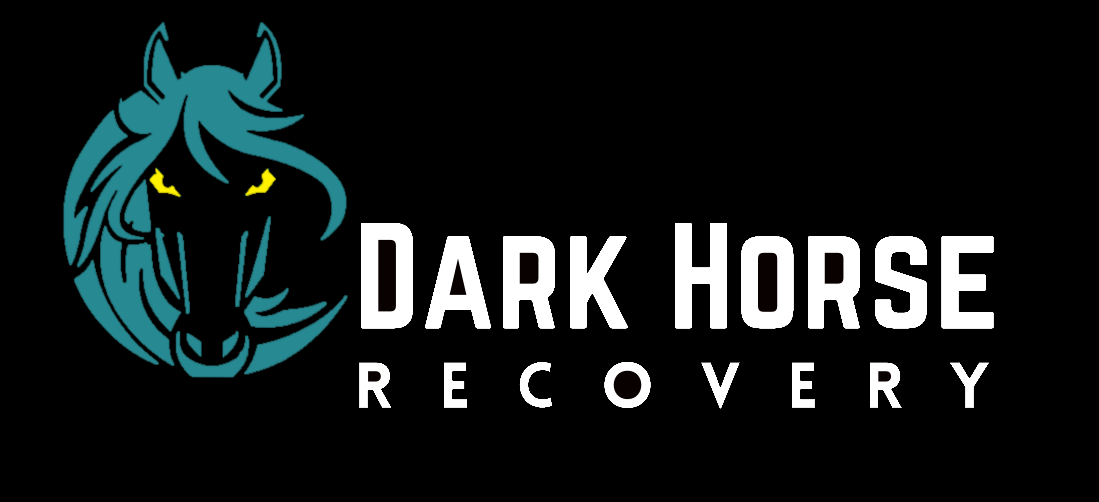
The effects of substance use on the decision-making process are vast and can be complicated to understand, but essentially it can create an inability for one to make sound decisions with planning for the future or taking responsibility for actions that may come back to harm them later on. It can cause a dulling of emotional sensitivity, so emotions cannot be used to help one make better decisions. It can also cause an overvaluing of short-term rewards and difficulty with delaying gratification. So what may seem like a good choice at the moment is actually harming them in the long run with all of these factors combined, it makes for a very difficult situation to be in.
Substance use disorder cause people to make irrational and poor decisions. Substance use can influence a person’s ability to make correct decisions by affecting different parts of the brain responsible for decision making such as the hippocampus, thalamus, and prefrontal cortex. The prefrontal cortex is responsible for analyzing data received from our senses and deciding an appropriate action based on that stimulation. When substances are used, they can interfere with our brain’s ability to receive and process information, which will make someone less able to make good decisions.
The Effects Of Substance Use On Decision-Making?

- A person who uses substances is less likely to wait for a larger future reward than non-substance users, which creates an imbalance between immediate and delayed gratification.
- A person who uses substances has reduced cognitive flexibility, which is the ability to adapt to changing situations and switch between different tasks.
- A person who uses substances has a weakened ability to plan, which leads to difficulties in achieving goals, such as planning one’s career or education.
- Adolescents who use substances have reduced self-efficacy when it comes to resisting the impulse to use substances.
- Individuals who struggle with substance use disorder are more likely to prioritize short-term pleasure over long-term gain.
- A person who uses substances finds it more difficult to make choices between moral and immoral choices when the latter involves substances.
- A person who uses substances is more impulsive and, therefore, less able to control their behavior compared to non substance users.
- A person who uses substances has an attentional bias toward substance-related cues, which contributes to continuing substance use even when no longer pleasurable or rewarding.
- A person who uses substances has a generally less risky attitude towards making choices, which helps to explain why they are more likely to use substances even under conditions of high risk.
How To Help and What To Remember?

The National Institute on Drug Abuse has ways in which you can support someone in your life that is struggling with substance use disorder. Drug prevention programs involving families have been shown to be effective when all family members agree about prevention issues and work together towards the same goals.
Maintaining mental health is important for an individual struggling with substance abuse because individuals with mental disorders are more likely to abuse illegal substances. Additional risk factors for substance abuse can include environmental risk factors, genes, peer pressure, and repeated substance use can result in negative consequences that pose a serious threat to their health. Health care providers should be more aware of understanding a substance’s effect on cognitive processes, such as memory and attention because these abilities aid health care providers in determining whether or not a patient’s decision-making is influenced by their substance use. Family members should look for support groups that can provide methods of coping with the substance use behavior of their loved ones.
Summary of Effects of Substance use on Decision Making

The summary below includes a summary of the effects of substance use in decision-making. For a more comprehensive summary, please read the full article.
It is difficult for people who suffer from substance use disorder to make good decisions because they are mentally clouded by their substance use. When someone is suffering from substance use disorder, they can no longer think clearly or function rationally. This is because repeated substance abuse affects the brain’s ability to receive and process information. People with substance use disorder find it difficult to think about anything other than their next fix, making it very hard for them to make a long-term plan for themselves. As a result, they become unable to make rational decisions and find themselves caught in a cycle of substance abuse.
Substance abuse affects the brain’s ability to receive and process information because it can interfere with one’s ability to think clearly. The substance also affects a person’s decision-making skills by affecting their emotional sensitivity, which makes them less able to make good decisions involving their emotions. Substance use disorder may cause people to be numb to how they feel about something or someone, which can lead them to make impulsive decisions that they will probably regret later on. When people are under the influence of drugs, their decision-making skills are handicapped. This is because their brains cannot work at full capacity when they are overloaded with dopamine, the chemical responsible for transmitting signals in reward pathways. Substance use causes an overload of dopamine in certain.

Recent Comments